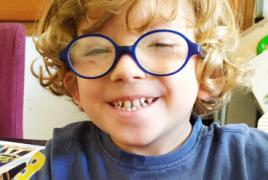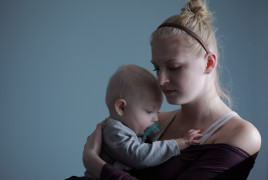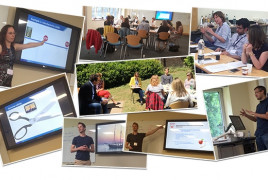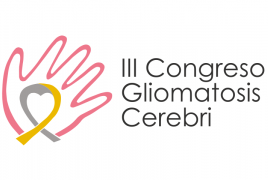How do you comfort a child with a rare disease?
Psychologically speaking, the relief from a chronic pain is more than necessary in order to help the patient carry on with this very difficult condition. In regards with a child with a rare diseaseA disease with no name: Edu’s story
Sandra is Edu's mom, a 5-year-old boy who suffers from a rare disease. When Edu was born he could not open his eyelids, but doctors did not find that a reason for not discharging him from hospitalShare4Rare principles for co-creation with patients
The clue is in the title. Patient engagement (PE) cannot happen without patients, and so it is clear that any materials, initiatives, or projects linked to patient engagement can also not happenShare4Rare. A platform as strong as its users
As you might already know, Share4Rare is a safe space where patients and carers can connect, share knowledge, and get involved in scientific research. It is a place where geographical, physical orThe conceptualization of the Share4Rare brand
A few months after arriving at Òmada, general director Inma Chapí presented us a new project that we were going to address from the very beginning: an exchange platform for rare disease patients andWe are looking for Share4Rare ambassadors!
Adult rare disease patients and their family members become experts in finding medical information, supporting research initiatives and leading patient organizations. For the most ultra-rare diseasesEffects on parents when a child has a rare disease
In October 2011, author Emily Rapp wrote an outstanding essay on life as a rare disease parent and her experience of raising her son, Ronan, under the shadow of Tay Sachs disease for the New YorkÀngels Ponce: «It never ceases to amaze me how children actually see illness and disability as natural things»
S4R: It is difficult to know that a child is having a hard time if he/she does not express it. Often, the siblings of sick children prefer not to bother their parents with their problems if theyTREAT-NMD / EURO-NMD Neuromuscular Translational Summer Schools: showing all the dimensions of neuromuscular diseases
The first Neuromuscular Translational Summer School took place in July 2018 in Newcastle upon Tyne, UK. The Summer School was the result of a collaborative effort between TREAT-NMD and EURO-NMD toHow to learn more about undiagnosed diseases thanks to the involvement of diagnosed patients in Share4Rare
Diagnosing a rare disease can be a highly complex mission and it often requires great amounts of time. In many cases, several years pass until a correct diagnosis is confirmed by medical evidence. ItAn international congress to be held in Barcelona will boost research in infantile gliomatosis cerebri
The III International Congress for Research on Infantile Gliomatosis Cerebri will be held in Barcelona next September 22nd and 23rd, and it is organized by Izás, la princesa guisante (Spain) and co5 things to know about parenting a child with a rare disease
Becoming a parent is a challenge and a new chapter for anyone, no matter what the circumstances. There are so many new things to learn, experience, get the hang of and deal with. Add a rare disease











